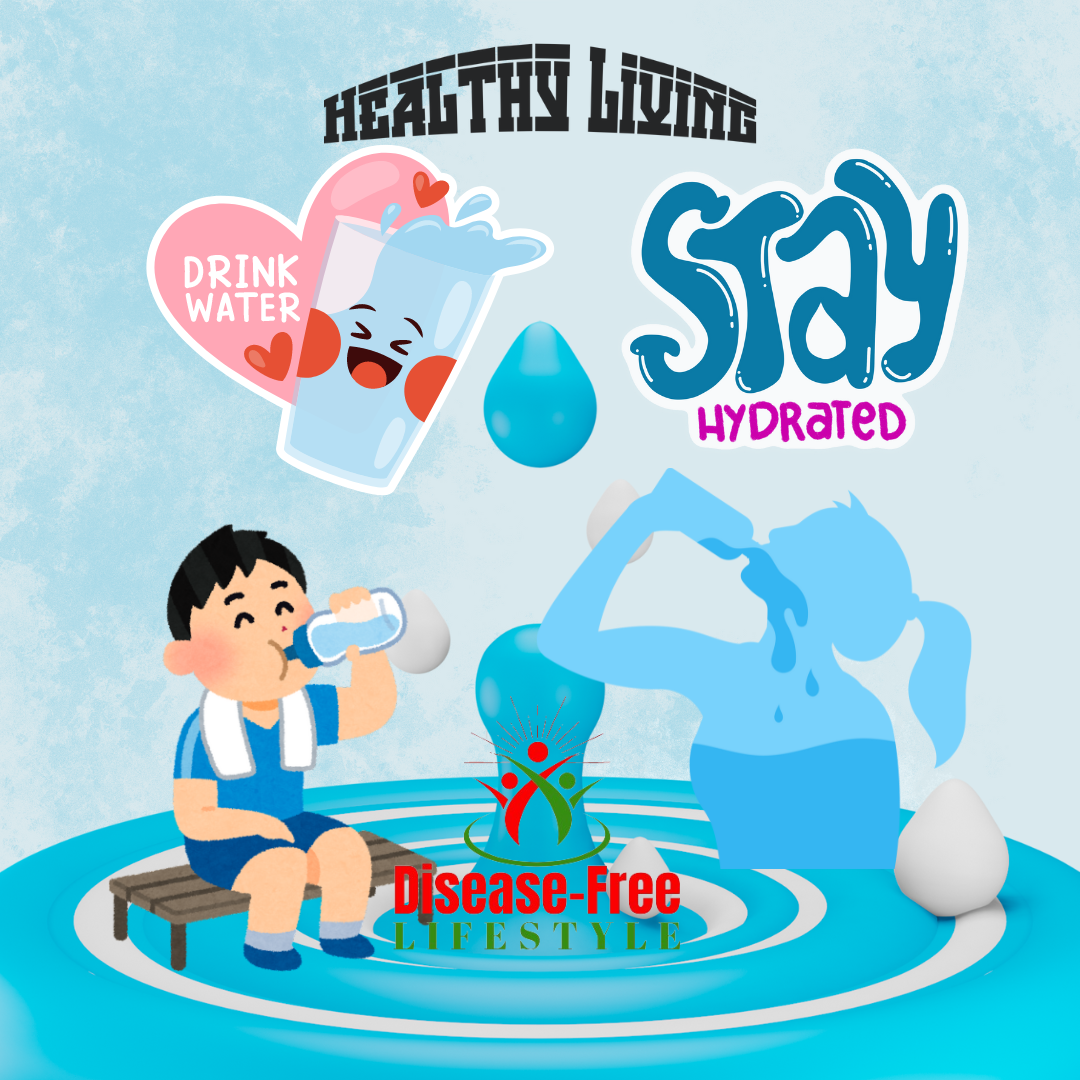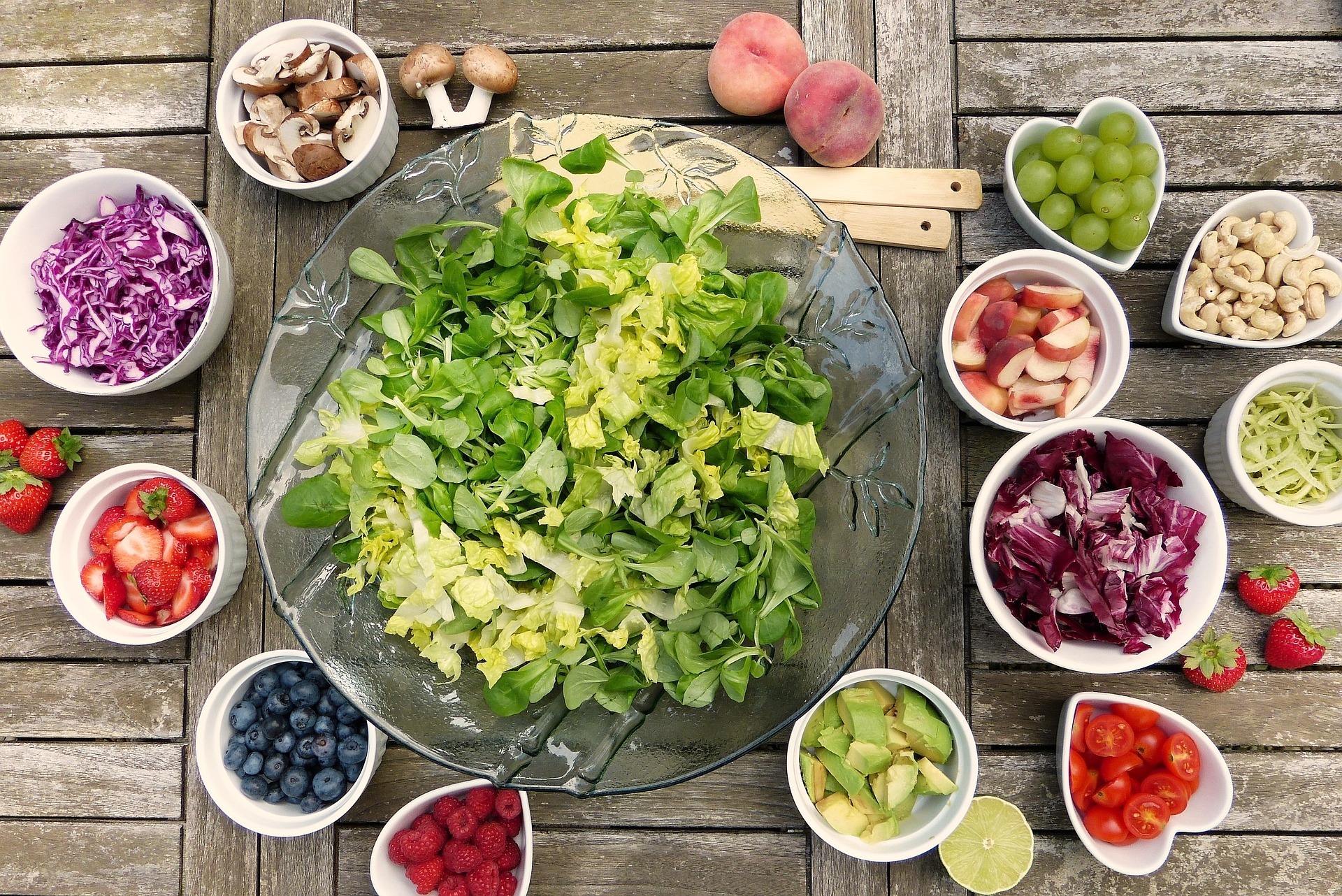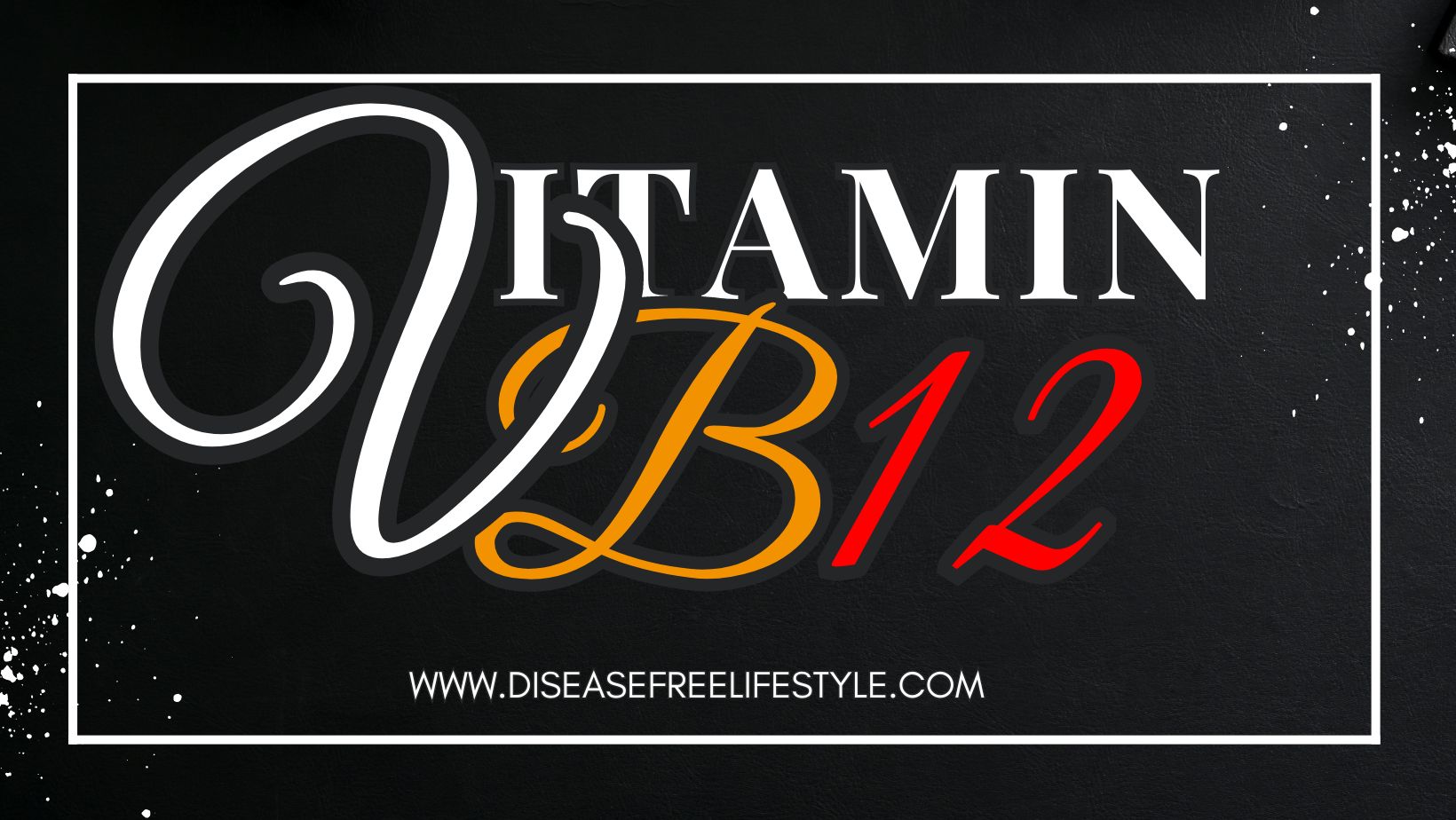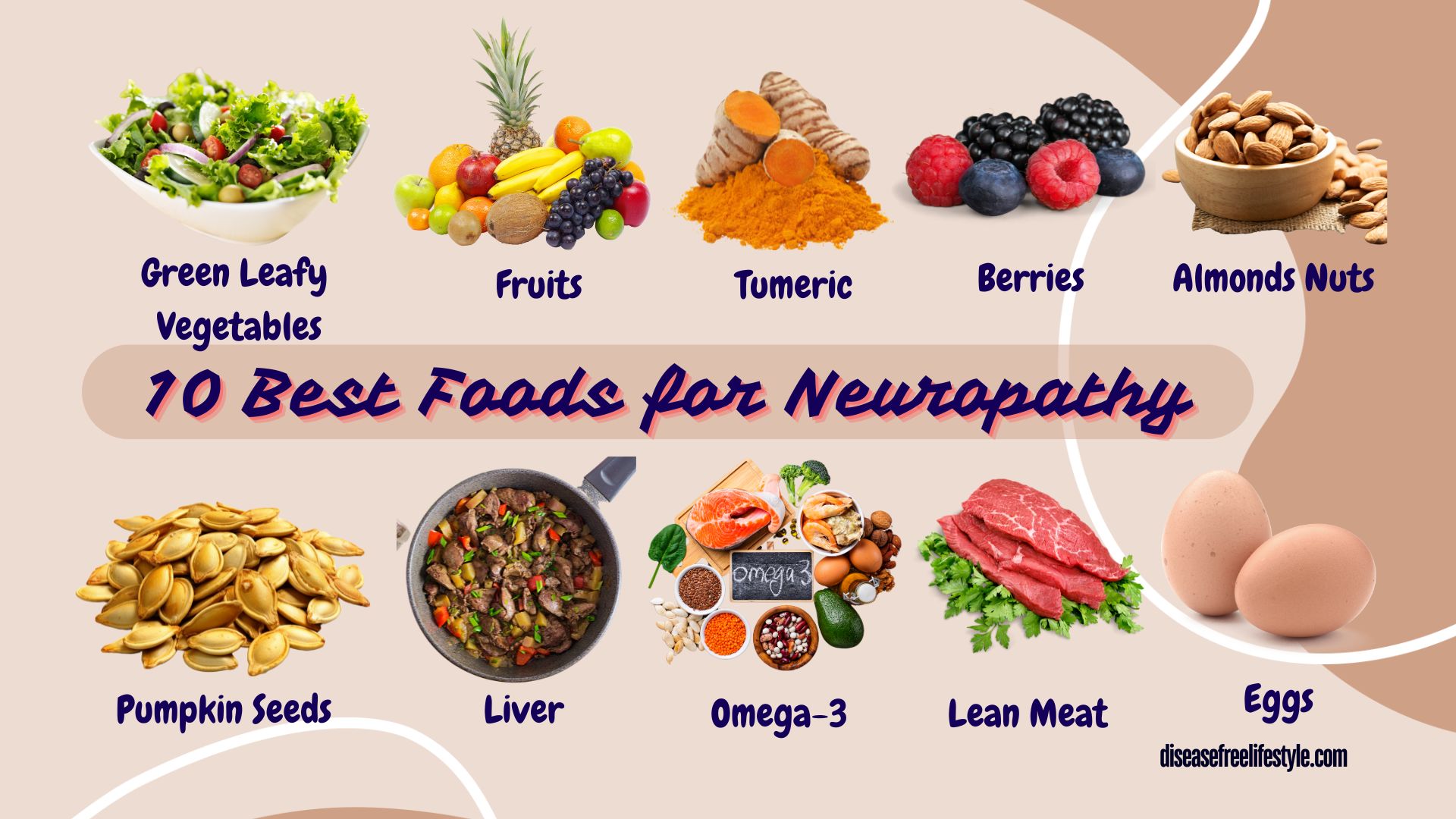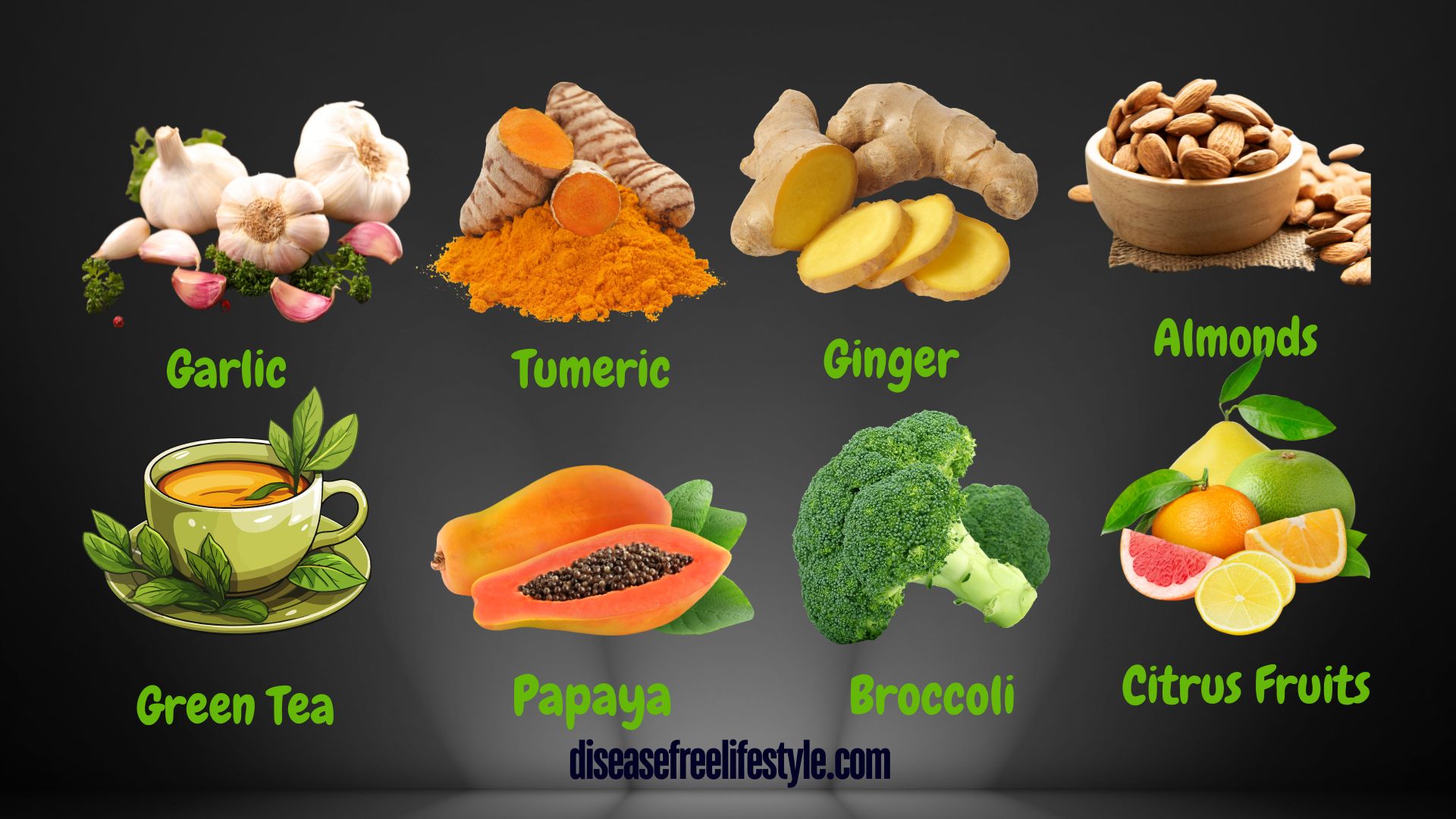The importance of hydration is immense in our life. In the pursuit of a disease-free lifestyle, one often overlooks a fundamental aspect of health: hydration. Water is essential for overall well-being, playing a vital role in numerous bodily functions. This article delves into the importance of hydration for disease prevention and offers practical tips for maintaining optimal hydration levels.
Understanding the Role of Hydration
Hydration is the process of providing the body with an adequate amount of water to support its various functions. Water is involved in nearly every physiological process, including digestion, nutrient absorption, circulation, temperature regulation, and waste removal. Without proper hydration, these processes can become impaired, leading to a range of health problems.
The Link Between Hydration and Disease Prevention
1. Immune Function:
Hydration is critical for maintaining a strong immune system. Dehydration can compromise the immune response, making the body more susceptible to infections and illnesses. By staying adequately hydrated, you can enhance your body’s ability to fight off pathogens and prevent diseases.
2. Digestive Health:
Proper hydration is essential for healthy digestion. Water helps soften stool and move it through the digestive tract, preventing constipation and promoting regular bowel movements. Dehydration can lead to digestive issues such as bloating, gas, and discomfort, which may increase the risk of developing gastrointestinal diseases.
3. Kidney Function:
The kidneys play a crucial role in filtering waste products from the blood and regulating fluid balance in the body. Hydration is essential for maintaining kidney function and preventing conditions such as kidney stones and urinary tract infections. Drinking an adequate amount of water helps flush toxins from the kidneys and prevents the buildup of harmful substances.
4. Heart Health:
Hydration is closely linked to heart health. Dehydration can lead to decreased blood volume and thicker blood, putting extra strain on the heart and increasing the risk of cardiovascular diseases such as heart attacks and strokes. By staying hydrated, you can support proper blood circulation and reduce the risk of heart-related issues.
5. Cognitive Function:
The brain relies on adequate hydration to function optimally. Dehydration can impair cognitive function, leading to symptoms such as fatigue, confusion, and difficulty concentrating. Chronic dehydration has also been associated with an increased risk of neurological diseases such as Alzheimer’s and Parkinson’s.
Practical Tips for Maintaining Hydration
1. Drink Plenty of Water:
The simplest way to stay hydrated is to drink plenty of water throughout the day. Aim for at least 8 glasses of water per day, or more if you’re physically active or live in a hot climate.
2. Eat Hydrating Foods:
Many fruits and vegetables have high water content and can contribute to your overall hydration. Watermelon, cucumber, oranges, and strawberries are excellent hydrating foods to include in your diet.
3. Monitor Your Urine Color:
Pay attention to the color of your urine as a hydration indicator. Clear or pale yellow urine usually indicates adequate hydration, while dark yellow or amber urine may signal dehydration.
4. Drink Water Before Meals:
Drink a glass of water before meals to help hydrate your body and aid digestion. This can also help prevent overeating by reducing hunger cues.
5. Carry a Water Bottle:
Keep a reusable water bottle with you throughout the day to remind yourself to drink water regularly. Set reminders on your phone if necessary to ensure you stay hydrated.
Conclusion
Hydration is a cornerstone of a disease-free lifestyle and optimal health. By maintaining proper hydration levels, you can support immune function, digestive health, kidney function, heart health, and cognitive function, reducing the risk of various diseases and promoting overall well-being.
Make hydration a priority in your daily routine by drinking enough water, eating hydrating foods, monitoring your urine color, and staying mindful of your body’s hydration needs. By taking proactive steps to stay hydrated, you can enjoy the benefits of a healthier, more vibrant life. Remember, water is not just a beverage—it’s a powerful tool for disease prevention and optimal health


